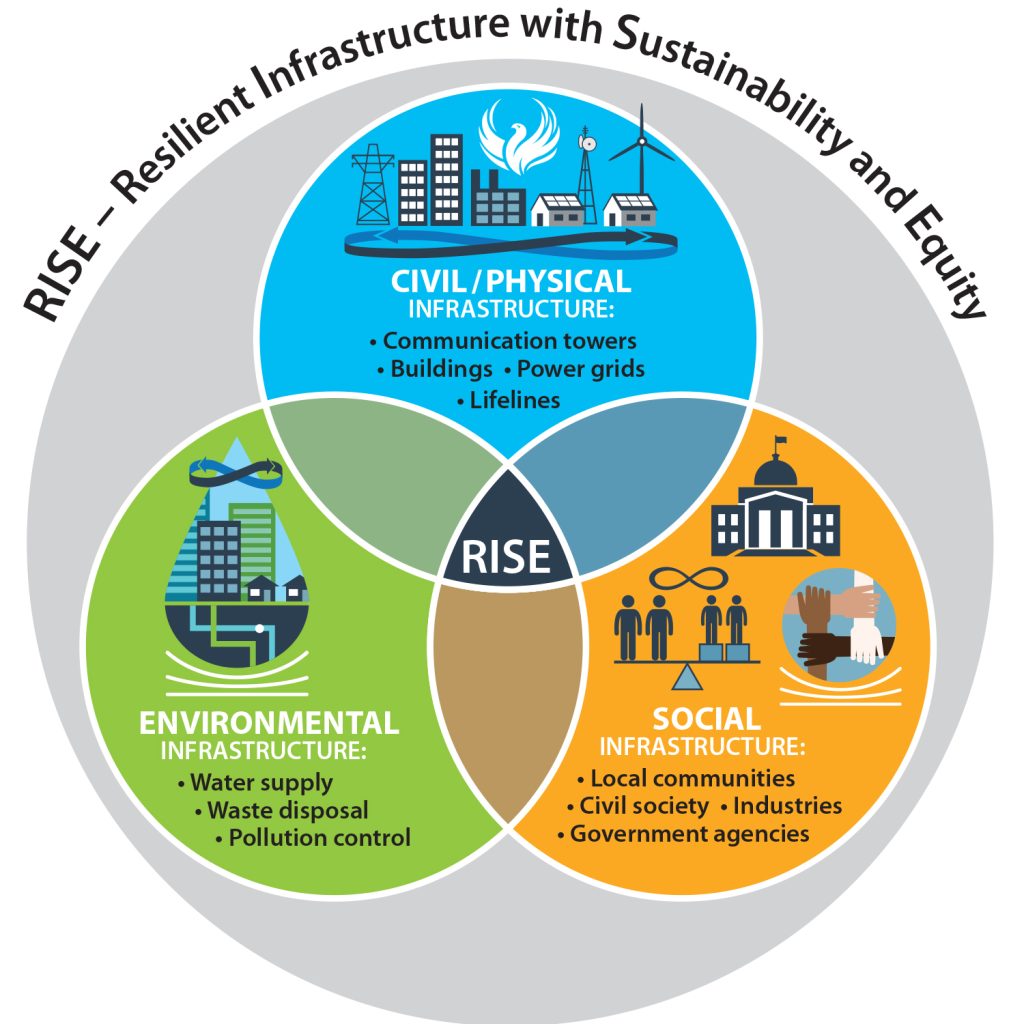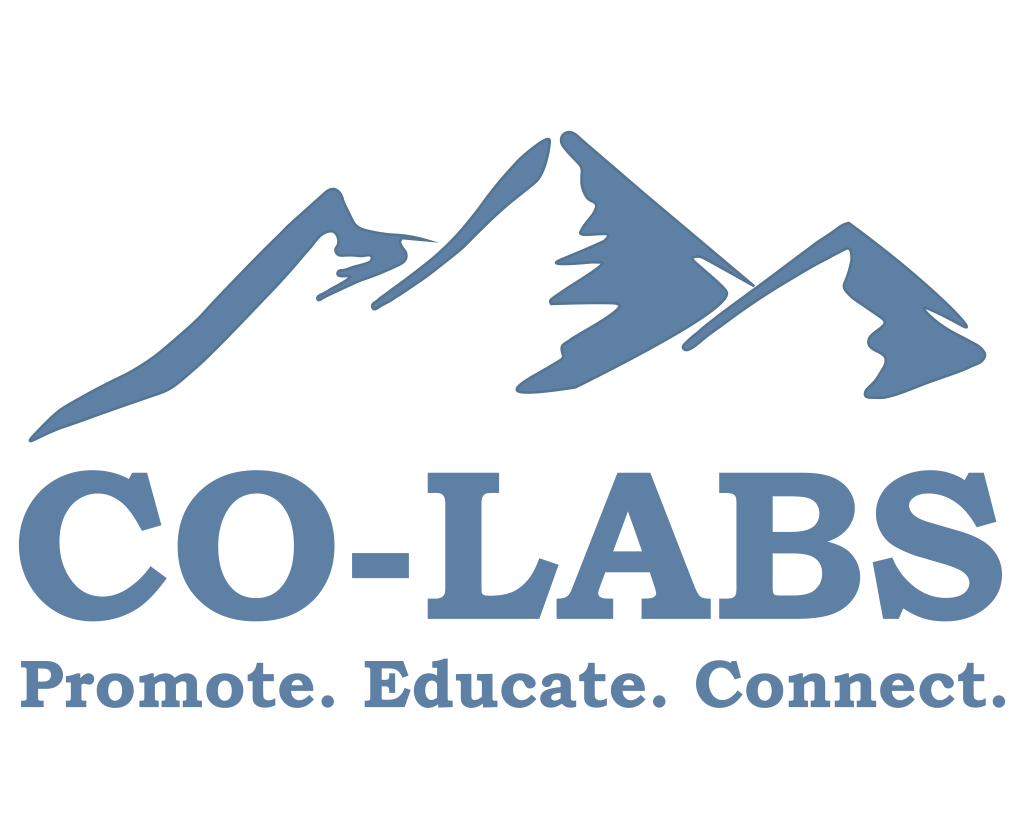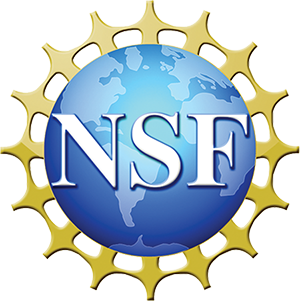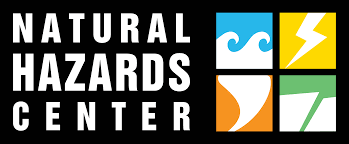Hussam Mahmoud
Predicting Survivability of Structures Due to the Marshall Fire
Abstract: In this study, simplified data is infused in a newly developed model that can give a generalized indication of relative vulnerability among the buildings impacted by the Marshall Fire. The impact of different building and vegetation characteristics on relative vulnerability is also explored to understand factors that contributed to structural damage during the fire.
Andy Rumbach, Katie Dickinson, Deserai Crow, and Elizabeth Albright
CAN BIG IDEAS ABOUT RESILIENCE SURVIVE THE REALITY OF A DISASTER? BUILT ENVIRONMENT POLICY AND RECOVERY AFTER THE MARSHALL FIRE
Abstract: Will the Marshall Fire strengthen communities’ resolve to build climate resilience or erode public support for such policies in favor of reducing short-term recovery costs? This project focuses on regulations that contribute to disaster and climate resilience of communities but that can make development more costly, particularly in the short-term. Prior work has shown that public support and the availability and requirements of external resources and programs shape these local government decisions, but, it is unclear whether and to what extent this support changes after a shock such as a disaster. Our project studies resilience policies after disaster events by collecting perishable data on resident recovery and local government decision-making after the Marshall Fire. To investigate these questions, the research team will (1) administer a longitudinal survey of individuals who lived in three affected jurisdictions; (2) interview local government elected officials, (3) observe disaster recovery meetings, and (4) analyze recovery-related plans and documents. Project Co-PIs will present an update on the NSF RAPID project data collection and major themes related to their work observed during the first months after the fire.
Andrew Whelton, Kristofer Isaacson, Caroline Jankowski, Madeline Larsen, Christian Ley, Myles Cook, and Deepika Solamathu
CHALLENGES AND SOLUTIONS FOR SMALL DRINKING WATER SYSTEMS AND PRIVATE WELL OWNERS IMPACTED BY THE MARSHALL FIRE: PRELIMINARY RESULTS
Abstract: The Marshall Fire damaged small drinking water systems and properties with private wells across Boulder County. In response, this research team conducted property investigations, provided technical support, and offered post-fire water and infrastructure testing. Preliminary investigation and water testing results were shared during the forum. Results also highlighted research and policy needs for improved public health response and recovery post-disaster.
Julie Korak, Lauren Magliozzi, Diane McKnight, and Cresten Mansfeldt
MONITORING THE RECOVERY OF THE COAL CREEK ECOSYSTEM AFTER THE MARSHALL FIRE
Abstract: The Marshall Fire burn area overlaps much of the Coal Creek drainage area. Fires such as these that occur at the wildland-urban interface pose contamination risk to surface waters, which can have a toxic impact on stream biota such as periphyton and benthic invertebrates. Our team mobilized to collect run-off samples throughout the Coal Creek watershed starting with the first snowmelt and will continue to monitor stream health through Summer of 2022. The project approach and preliminary results thus far were presented during the virtual forum.







CONVERGE is funded by the National Science Foundation (NSF), Division of Civil, Mechanical, and Manufacturing Innovation, Program on Humans, Disasters, and the Built Environment (Award #1841338). Any opinions, findings, conclusions, or recommendations expressed in this material are those of the authors and do not necessarily reflect the views of the NSF.